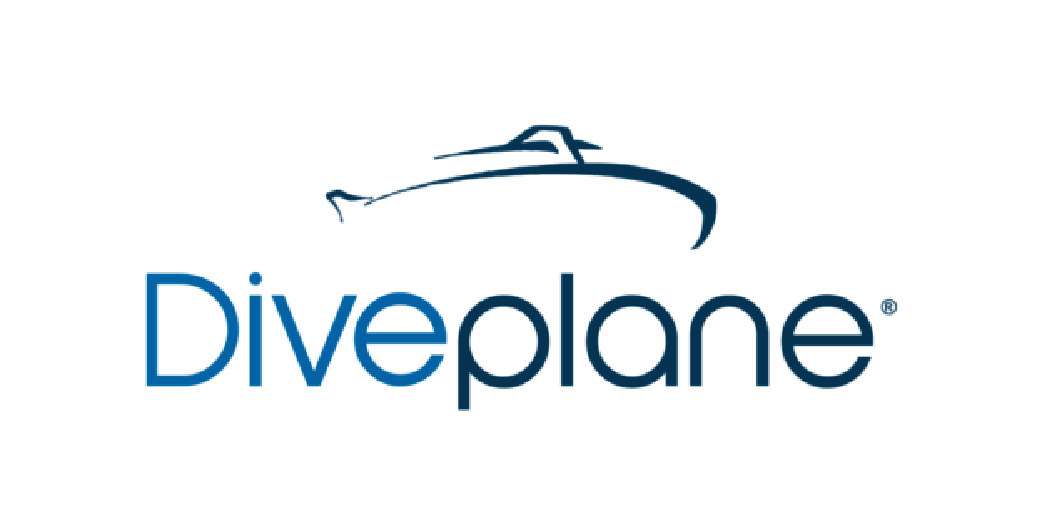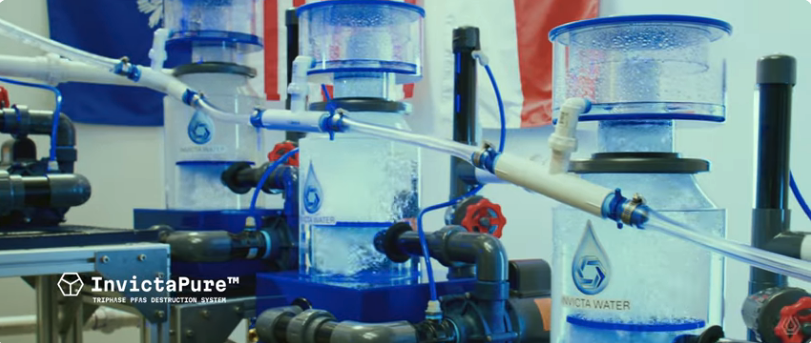Editor’s note: This article is part of a multimedia series called “Tomorrow’s Unicorns: A look inside Raleigh’s $1B startup pipeline,” produced in conjunction with Innovate Raleigh. The series aims to spotlight some of the region’s homegrown startups tipped to hit the $1-billion valuation mark, thus becoming a so-called “unicorn” in the language of investors, in the not-so-distant future.
RALEIGH – Three years after ex-Epic Games CEO Michael Capps first launched Diveplane, a company aimed at “keeping the humanity” in artificial intelligence (AI), it’s notched a series of big wins.
In just the last year, the Raleigh-based startup landed partnerships with healthcare giants like Duke Health, and the UK’s NHS Foundation Trust and BREATHE, a health data research hub.
It also closed on $3 million in new funding, bringing its total raised to around $10 million to date. It’s even attracted star-studded investors, including US women’s soccer stars Megan Rapinoe and Mia Hamm.
Meanwhile, Capps hinted other big deals could be in the works.
“I can’t speak to it yet, but we’re partnered with some cool organizations,” he told WRAL TechWire in a Zoom call. “We’re lucky to sort of punch above our weight class in the industry, so I’ll just leave it at that.”
“We had a long path of building software,” he added, “but now that we’ve started commercializing, we’re seeing much better uptake. We’re at that wonderful phase where companies are now calling us.”
While he wouldn’t disclose annual revenue figures, he said: “We expect to grow 3X in the next couple of months.”
Could his firm be on track to becoming a $1-billion enterprise, otherwise known as a “unicorn” in venture capital circles?
He didn’t rule it out: “We have significant growth potential.”
SYNTHETIC DATA
Its fastest-growing product, GEMINAI, creates a synthetic “twin” data set that enables sharing and analysis of highly sensitive data while protecting an individual’s privacy. The “new” data is accurate and “statistically equivalent,” but omits any personal identifiers, like name or date of birth.
The uptick comes as data breaches are on the rise.
Healthcare breaches, alone, have nearly doubled since 2018 and continued to climb through the first half of 2021, according to a report by Critical Insight, a Seattle-based healthcare-focused cybersecurity firm.
Meanwhile, more than 93% of healthcare organizations experienced a data breach in the past three years (Herjavec Group).
And it’s costs big money.
The healthcare industry lost an estimated $25 billion to ransomware attacks in 2019 (SafeAtLast).
“Data privacy affects us all, and we’re really seeing a shift in the market,” Capps said. “It’s no longer enough to simply mask or anonymize. Organizations must go further to protect the most intimate of data sets, and that’s what we’re amazing at.”
Diveplane’s AI technology spun out of Hazardous Software, a company founded in 2007 by Chris Hazard, Diveplane’s co-founder and chief technology officer.
Hazard holds a PhD in computer science from NC State, and worked as a software architect at Motorola and Kiva Systems.
Capps, meanwhile, is a fixture on the local Triangle startup scene. Born in Raleigh, he began his career with post-graduate degrees at UNC-Chapel Hill, MIT and the Naval Postgraduate School. Later, he spent nearly a decade as president of Epic Games, creators of mega-hit Fornite, and one of the region’s early breakout unicorns, a company valued at more than $1 billion. (Today, Epic Games is estimated to be worth just shy of $30 billion.)
As his LinkedIn profile notes, his tenure included a “hundred game-of-the-year awards, dozens of conference keynotes, a lifetime achievement award, and a successful free-speech defense of video games in the U.S. Supreme Court.”
By 2013, Capps decided his time was up. But it didn’t take long for him to sniff out his next venture.
He met Hazard “through a mutual acquaintance” on Raleigh’s startup scene, and shared the “same thoughts on the future of AI and the ethical use of data.”
By 2018, Diveplane was born. Among its missions: making “black box” AI, any artificial intelligence system whose inputs and operations are not visible to the user, easier to interpret and understand.
“Big picture, we want to keep human decision-making in automated systems,” Capps said. “When [Hazard] finally told me about [his declassified work], I was like, ‘You have explainable machine learning. We’ve got to put this in front of everyone.’”
Diveplane has built what it calls the world’s first “human-understandable” machine-learning platform. As it boasts on its website, its tools are “trainable, interpretable, and auditable.“
Apart from GEMINAI, it has other products like SONAR, an anomaly detection tool to identify fraud, and ALLUVIAN, an analysis tool for the real estate market.
The name Diveplane is derived from the parts on a submarine that make it dive and surface. (Capps once taught at a Naval post-graduate school, and Hazard also worked for the Department of Defense.)
It’s also metaphorically significant. “AI is about searching up and down, high and low,” Capps told TechWire’s late Alan Maurer back in 2018.
LOOKING AHEAD
Diveplane is now at an inflection point. At last count, it has 14 patents approved and another 40 patents pending. It’s scaling across multiple verticals, including finance, healthcare, and defense. Another big raise is also likely on the cards, “probably in the next few months.”
Still, he described enterprise sales as “slow and painful.”
“Government, intelligence officials, healthcare and finance leaders, they’re not fast to trust. [We’re] like a locksmith. [They’ve got to] trust us with the jewels.”
But he remains confident. “If the National Security Agency is using it, and Duke is using it, it’s a lot easier to convince MasterCard to use it. Once we convince them, or whoever, it all falls.”
Before the pandemic, Diveplane had offices in North Raleigh. But now they’re all working remotely. The team now stands at 22, and is looking to add a senior engineer and developer to its rolls.
Above all, Capps said making big profits comes secondary to his main objective: social impact.
Capps said he’d eventually like to opensource Diveplane’s technology.
“Some of our tools, if they were free and we can afford unlimited compute, I would love to give them all away. I can’t afford to do either of them; but as soon as I can, I will. That’s the goal.”
This editorial package was produced with funding support from Innovate Raleigh and other partners. WRAL TechWire retains full editorial control of all content.



